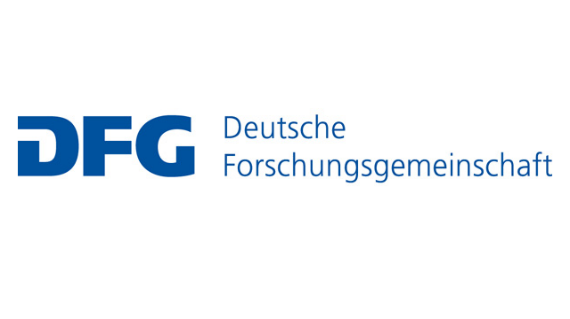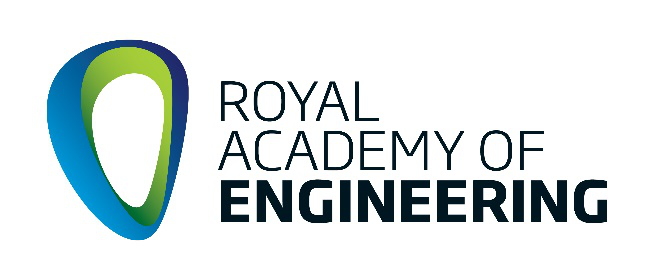The effect of controlled shot peening on the fatigue behaviour of 2024-T3 aluminium friction stir welds
The work examines the microstructural and fatigue properties of friction stir welds made of 2024-T3 aluminium alloy and provides extensive information towards their cyclic stress–strain behaviour, residual stress distribution and crack initiation sites. To eliminate the cost associated with the removal of the flow arm by milling and other costs associated with the quality control of the welding process (residual stress distribution, micro-hardness profile, welding scar, etc.), controlled shot peening is introduced. Tensile residual stresses introduced in the thermomechanical affected zone during welding are found to become compressive after peening. The effect can be held responsible for increasing the fatigue resistance of the weld beyond the values of the bare (parent) material.

















